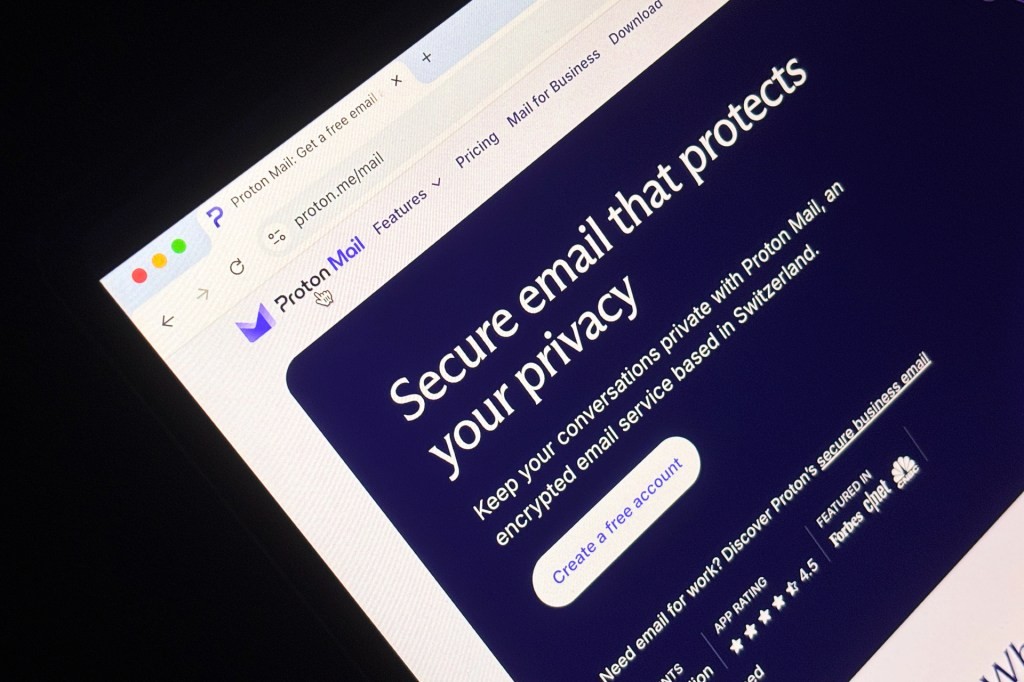
The Karnataka High Court has directed the Indian government to block Proton Mail, the Switzerland-based encrypted email service, following complaints about misuse of the platform for sending objectionable content.
Justice M Nagaprasanna issued the order in response to a petition from M Moser Design Associates, a New Delhi-based firm. The company reported that their female employees received multiple emails through Proton Mail containing inappropriate material and AI-generated deepfake images.
The court has instructed the Ministry of Home Affairs, Ministry of Electronics and Information Technology, and Department of Telecommunications to implement the ban under Section 69A of the Information Technology Act. This law allows blocking public access to information for reasons including national security and public order.
This marks the second attempt to restrict Proton Mail in India. In 2024, Tamil Nadu police sought to ban the service after it was used to send bomb threats to schools.
Proton Mail remains accessible in India as of now. The service uses end-to-end encryption, meaning only senders and recipients can access email contents. Even Proton cannot decrypt messages sent through its platform.
The company, protected by strict Swiss privacy laws, maintains it only responds to orders from Swiss authorities. In previous cases, Proton Mail has argued that blocking their service would not prevent criminals from using other platforms while denying secure communication to law-abiding citizens.
The ban order has sparked debate about balancing digital privacy with security concerns in India. Critics argue that blocking encrypted services may push users toward less secure alternatives without addressing underlying issues of cybercrime.
As implementation details remain pending, the case highlights growing tensions between privacy-focused technology companies and government attempts to regulate digital communications.